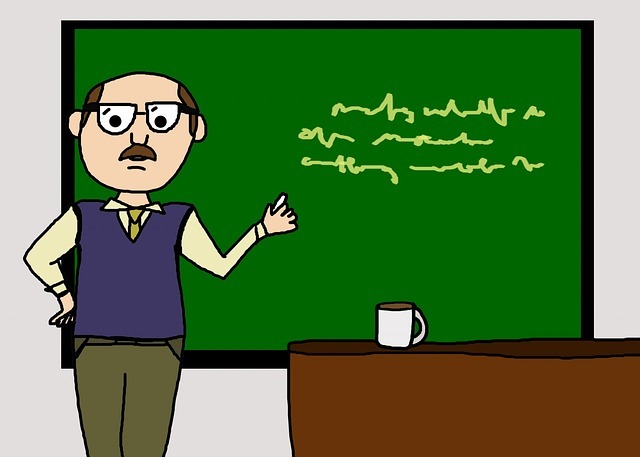California has joined a growing number of states now facing mounting outcry against Common Core State Standards.
The California Alliance of Researchers for Equity in Education (CAREE), which brings together more than 100 university-based education researchers, recently released a Research Brief, titled “Common Core State Standards Assessments in California: Concerns and Recommendations,” in February 2016. In the brief, the authors call for the end of high-stakes testing in the state, citing research showing a lack of compelling evidence Common Core standards have improved education.
The CAREE authors dismiss Common Core assessments as lacking “validity, reliability, and fairness.”
Citing Lack of Quality
Although some Common Core critics oppose all high-stakes standardized testing, Lance Izumi, senior fellow and director of education studies at the Pacific Research Institute, says most of those opposing Common Core are concerned about the quality of the standards and their accompanying tests.
“Their problem with Common Core testing rests on practical concerns with the validity of the tests themselves, with the type of knowledge they are trying to measure, with empirically unsupportable instructional methodologies promoted by Common Core, and with the centralization of education policymaking in Washington, DC,” Izumi said. “Top conservative critics of Common Core in California supported testing under California’s former state academic content standards, viewing the state standards and tests as superior to Common Core.”
Questioning Core Constitutionality
Izumi says opposition to Common Core is representative of the deepening divide between the public and the government.
“The disconnect between public and policymakers over Common Core is yet another example of how the elite forces of the establishment are trying to force an unpopular policy on grassroots Americans,” Izumi said. “Constitutionally, education is supposed to be a local concern, but Common Core has involved the federal government in education in standards, testing, and curricula to an extent unimagined by our Founding Fathers.”
Vicki Alger, research fellow at the Independent Institute, says the word “education” does not appear in the Constitution “for a very good reason.”
“Washington, DC does not know what’s best for more than 50 million schoolchildren nationwide,” Alger said. “State representatives should never have tolerated being bribed with their own taxpayers’ money to recklessly adopt untested standards and assessments.”
Alger says the prohibitive cost of implementing the standards is another problem with Common Core.
“Common Core implementation costs in California alone approach nearly $10 billion, and the associated national projection is about $80 billion,” Alger said.
Local Control and Competition
Izumi says local control and competition create a better education system.
“Each individual state should repeal the national Common Core standards and tests that it adopted,” Izumi said. “Each state should then adopt its own rigorous state standards and tests. California and Massachusetts, for example, had tough state standards and tests, and these should be used as models by other states. Finally, to ensure that schools make the best use of these truly state-based standards and tests, universal school choice programs should also be adopted to empower all parents and their children and to force local public schools and school districts to improve their performance and satisfy their customers.
“What students need is more opportunities for personalized learning, not more high-priced government ‘fixes,'” Alger said.
Andy Torbett ([email protected]) writes from Atkinson, Maine.




